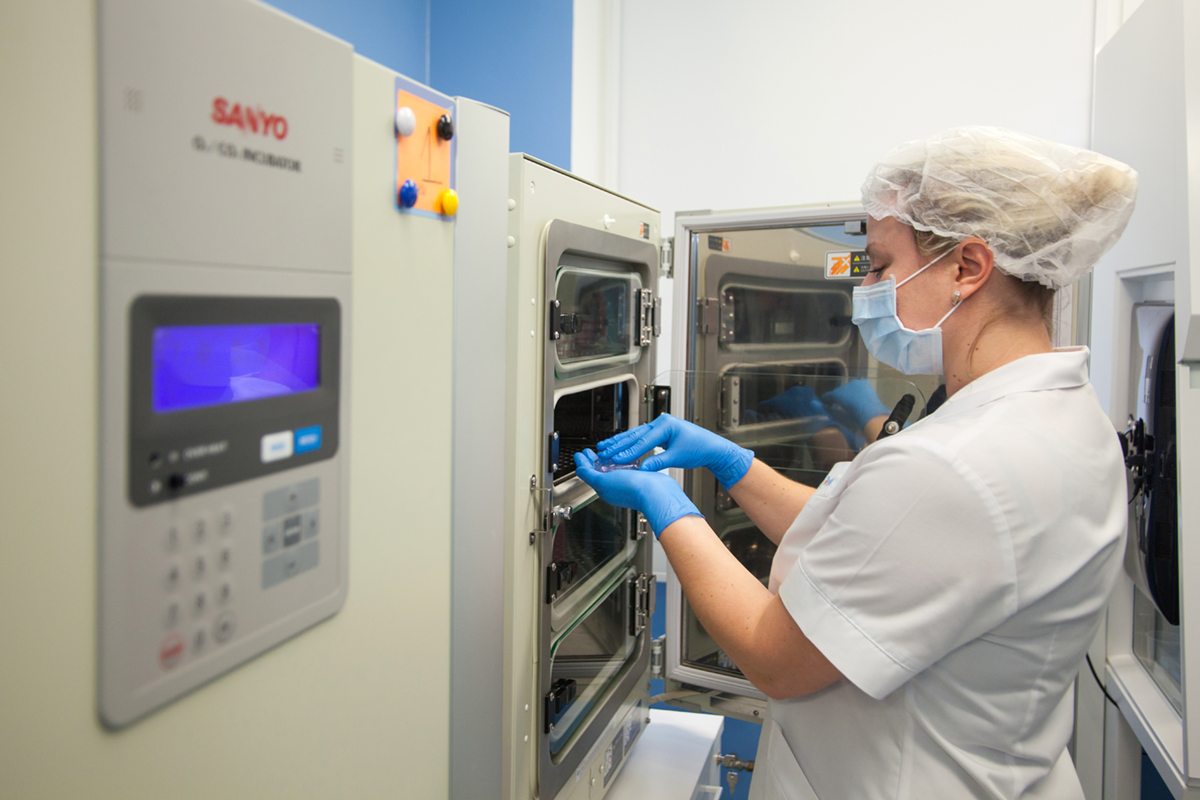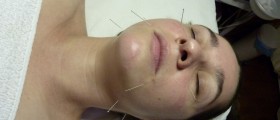
Reproductive medicine represents a branch of medicine. It takes care of prevention and is in charge of diagnosis and management of reproductive problems. The goals of reproductive medicine are improvement/maintaining reproductive health and help for people who want to have children at the exact time they chose to.
This branch of medicine deals with a variety of issues. For example, it deals with sexual education, puberty, births control and family planning, infertility as well as reproductive organ illnesses and sexual dysfunction. Particular attention is paid to women and their menstrual cycle, ovulation, fertility, pregnancy and menopause.
Problems with Fertility
Today it is known that both partners may be responsible for infertility. In many cases the actual cause of lack of fertility remains unknown. If a couple has been trying to conceive for more than a year without any success they should consult a specialist in reproductive medicine. A well experienced doctor may be able to determine the actual cause of the problem and suggest the appropriate reproductive medicines to help create fertile conditions for conceiving. The actual treatment will depend on whether the problem is of female or male origin and the precise cause of infertility. There are many treatment options and couples should not be discouraged until all the treatments are worn out.
Tests and Exams
Both a woman and a man undergo a thorough investigation of their medical history. They also undergo a physical examination. It is essential to confirm that a woman is ovulating since absence of ovulation is in many cases responsible for infertility. Fortunately, this can be treated. Both partners are tested for Chlamydia. This infective agent may not cause any symptoms and signs but still it can be an underlying cause of infertility. Men undergo a semen testing. The quality of semen and sperm is properly evaluated. Women undergo a thorough hormonal testing including a variety of hormones such as luteinizing hormone, progesterone, follicle-stimulating hormone, thyroid-stimulating hormone and prolactin. In men the level of testosterone is measured. And finally, a woman undergoes several more exams including pelvic ultrasound, hysterosalpingogram or sonohysterogram. In some cases there is a need for hysteroscopy and laparoscopy. These are some of the tests performed in couples suffering from infertility. It does not mean that all of them will be performed in each case. The goal of testing is identification of the underlying cause which is then treated.
Assisted Reproductive Technologies
Assisted reproductive technologies are kept as the last resort for couples suffering from infertility. One technique is an artificial insemination. The process includes collection of the semen which is directly inserted into the cervix or the uterus. In vitro fertilization is another technique in which an egg taken from the woman is fertilized outside the uterus and then implanted.

















Your thoughts on this
Loading...